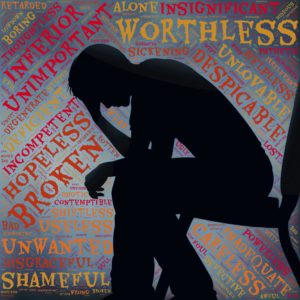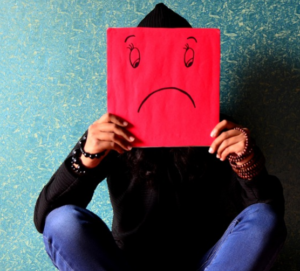

Most people experience periods of depression off and on throughout life. We all have days when we feel “blue” or “down,” and these distressing times usually pass. Also, the death of someone close can involve feelings, called bereavement, that are similar to symptoms of depression.
Major Depressive Disorder is another matter, and it usually requires psychological treatment. Characteristic of this disorder is at least one Major Depressive Episode .
A Major Depressive Episode has the following characteristic symptoms:
• Depressed mood. Note, however, that children and adolescents tend to show signs of irritability rather than depressed mood.
• Anhedonia; i.e., a lack of interest in usually enjoyable things
• Weight loss or loss of appetite (although some individuals overeat because of depression)
• Trouble sleeping
•Psychomotor Changes: Retardation (e.g., slowed speech, thinking, or movement) Agitation (e.g., inability to sit still; pacing)
• Fatigue, or lack of energy (e.g., staying in bed most of the day)
• Feelings of extreme worthlessness or guilt
• Trouble concentrating
•Thoughts of death, or feeling suicidal
Do not ignore these symptoms.

